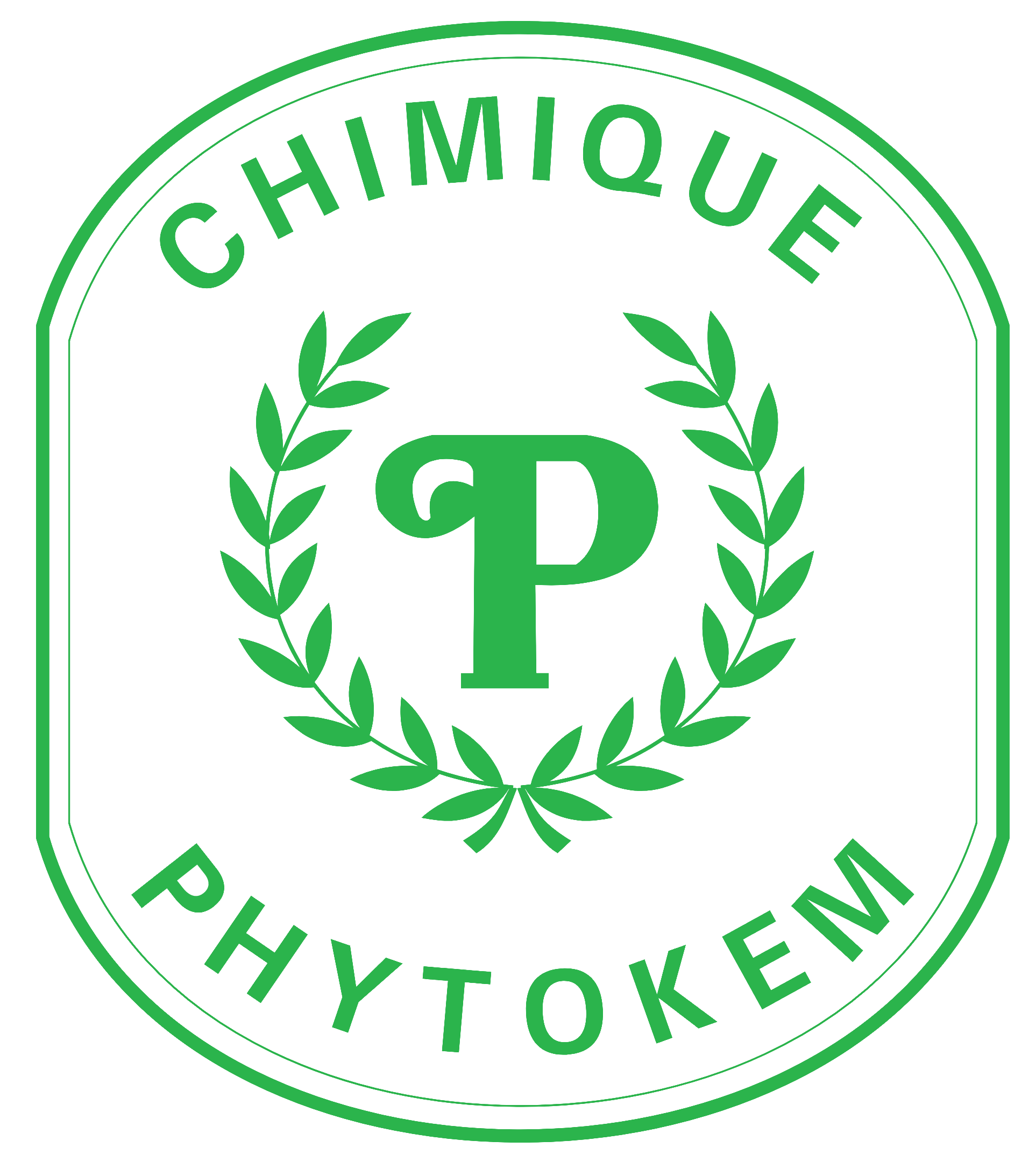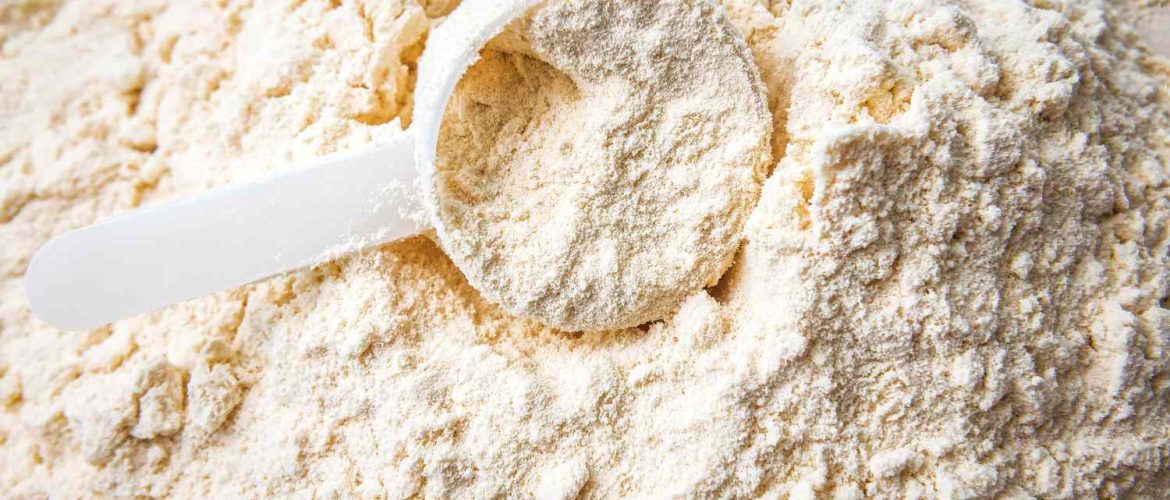Introduction
In today’s time where people are becoming more conscious about their health and seeking alternative sources of protein, hydrolysed vegetable protein (HVP) has gained significant attention. HVP is a processed form of plant-based protein that offers numerous health benefits. In this blog post, we will explore the production process of HVP, its popularity in the food industry, and delve into its nutritional composition. We will also examine the extensive health benefits that HVP provides, particularly in digestive health, muscle building and recovery, blood sugar control, and heart health. Moreover, we will address any safety considerations and potential risks associated with HVP consumption.
I. What is Hydrolysed Vegetable Protein (HVP)?
Hydrolysed vegetable protein, commonly known as HVP, is a food additive produced by the hydrolysis of plant-based proteins. During the hydrolysis process, proteins are broken down into their constituent amino acids, resulting in a highly concentrated form of protein. HVP is often used as a flavour enhancer due to its savoury taste and umami flavour profile. It is widely used in processed foods such as soups, sauces, snacks, and vegetarian meat substitutes.
The Production Process of HVP
The production of HVP involves the hydrolysis of plant-based proteins, such as soybeans or corn, through enzymatic or chemical means. Enzymatic hydrolysis is the most common method used, where enzymes break down proteins into smaller peptides and amino acids. This enzymatic process ensures the preservation of the nutritional content and flavor profile of the vegetable protein. The resulting liquid is then filtered, concentrated, and spray-dried to obtain the final powdered form of HVP.
Why is HVP Popular?
HVP has gained popularity in the food industry due to its versatility, cost-effectiveness, and ability to enhance the taste of various food products. Its savoury flavour profile adds depth to dishes and can mimic the taste of meat, making it a preferred choice for vegetarian and vegan alternatives. Additionally, HVP provides a rich source of plant-based protein, which is a vital macronutrient for maintaining overall health and well-being.
II. Nutritional Composition of Hydrolysed Vegetable Protein
Amino Acid Profile
HVP contains a diverse range of essential and non-essential amino acids, which are the building blocks of proteins. Essential amino acids are not naturally produced by the body and must be obtained through diet. HVP provides a balanced combination of these essential amino acids, making it a valuable protein source for individuals following a plant-based diet. Additionally, HVP has a high digestibility rate, ensuring efficient absorption and utilisation of these amino acids by the body.
Vitamins and Minerals
Apart from its protein content, HVP also contains various vitamins and minerals that contribute to overall health. These include B vitamins, which play a crucial role in energy production and nerve function, and minerals like iron, calcium, and magnesium, which are essential for maintaining strong bones and optimal bodily functions. Incorporating HVP into your diet can help supplement these nutrients and promote well-being.
Low in Fat and Cholesterol
In comparison to other sources of protein, HVP is relatively low in fat and cholesterol. This makes it a suitable option for individuals looking to maintain a healthy diet or manage their weight. By opting for HVP as a protein source, you can reduce your intake of saturated and trans fats, which are associated with an increased risk of heart disease. Furthermore, the absence of cholesterol in HVP supports cardiovascular health and lowers the risk of developing certain chronic conditions.
III. Health Benefits of Hydrolysed Vegetable Protein
Digestive Health
HVP plays a crucial role in supporting digestion and nutrient absorption. Being predigested, it is easier for the body to break down and utilise the amino acids present in HVP. This makes it an ideal protein source for individuals with digestive disorders or those who experience difficulty digesting whole proteins. Research has shown that HVP supplementation can alleviate symptoms of digestive disorders like irritable bowel syndrome (IBS) and improve overall gut health.
Muscle Building and Recovery
Protein is essential for muscle growth, repair, and recovery. HVP, being a concentrated source of protein, can aid in these processes. Its amino acid profile enables the synthesis of new muscle tissue and helps reduce muscle damage induced by intense physical activity. When compared to other protein sources like whey or soy protein, studies have shown that HVP is equally effective in promoting muscle protein synthesis and enhancing post-workout recovery.
Blood Sugar Control
One of the remarkable benefits of HVP is its potential impact on blood sugar levels and insulin response. HVP has a low glycemic index, meaning it does not cause a rapid spike in blood glucose levels. This makes it particularly beneficial for individuals with diabetes or those at risk of developing the condition. Research studies have demonstrated that incorporating HVP into the diet can help regulate blood sugar levels, improve insulin sensitivity, and reduce the risk of complications associated with diabetes.
IV. Hydrolysed Vegetable Protein and Heart Health
Blood Pressure Regulation
HVP consumption has been linked to blood pressure regulation, making it beneficial for maintaining cardiovascular health. Studies have shown that the peptides derived from HVP promote the release of substances that help relax blood vessels, leading to a reduction in blood pressure. This can contribute to the prevention and management of hypertension, a significant risk factor for heart disease.
Cholesterol Management
High levels of cholesterol in the blood are a concern for heart health. HVP can play a role in managing cholesterol levels due to its low fat and cholesterol content. Incorporating HVP as a protein source can help reduce LDL cholesterol, also known as “bad” cholesterol, and increase HDL cholesterol, or “good” cholesterol. This can contribute to a healthier lipid profile and a decreased risk of developing cardiovascular diseases.
Antioxidant and Anti-inflammatory Properties
HVP contains antioxidants and anti-inflammatory compounds that contribute to heart health. These compounds help reduce oxidative stress and inflammation, which are key factors involved in the development of cardiovascular diseases. Studies have indicated that the antioxidants present in HVP can scavenge harmful free radicals and protect against cell damage, thereby promoting heart health and lowering the risk of heart-related complications.
V. Safety Considerations and Potential Risks of Hydrolysed Vegetable Protein
Allergies and Sensitivities
While rare, some individuals may be allergic or sensitive to HVP. It is important to note that HVP is often derived from soybeans and may cause allergic reactions in individuals with soy allergies. Additionally, individuals with gluten intolerance or celiac disease should be cautious, as HVP can sometimes contain gluten as a result of cross-contamination during processing. It is advisable to read food labels carefully and consult with a healthcare professional if you have any concerns regarding potential allergies or sensitivities.
Sodium Content
HVP, like many other flavour enhancers, can contain a significant amount of sodium. Excessive sodium intake is associated with increased blood pressure and an increased risk of hypertension. If you are monitoring your sodium intake, it is essential to be mindful of the sodium content in foods that contain HVP. Opting for low-sodium or reduced-sodium varieties can help manage sodium intake while still enjoying the benefits of HVP.
Controversies and Regulatory Approval
In the past, HVP has faced controversies surrounding the presence of monosodium glutamate (MSG), a flavour enhancer that is often mistaken for HVP. However, HVP itself does not contain MSG, and regulations and guidelines are in place to ensure consumer safety. It is important to choose reputable sources of HVP and be aware of misleading information that may have contributed to these controversies.
Summary
Hydrolysed vegetable protein (HVP) offers numerous health benefits, making it a valuable addition to a balanced diet. It is a rich source of protein, containing essential and non-essential amino acids necessary for muscle growth, repair, and overall well-being. HVP’s low fat and cholesterol content contribute to a healthy heart, while its ability to regulate blood sugar levels makes it beneficial for individuals with diabetes or those at risk. Although HVP is generally safe to consume, it is crucial to consider allergies, monitor sodium intake, and choose reputable sources. By incorporating HVP into your diet, you can unlock its potential health benefits and enhance your overall well-being.
FAQs (Frequently Asked Questions)
Is hydrolysed vegetable protein suitable for vegetarians?
Yes, hydrolysed vegetable protein is suitable for vegetarians as it is derived from plant sources, such as soybeans or corn. It provides a rich source of plant-based protein, making it an ideal choice for individuals following a vegetarian diet.
Can hydrolysed vegetable protein help with weight management?
Hydrolysed vegetable protein can be beneficial for weight management due to its low fat and cholesterol content. By incorporating HVP into your diet, you can maintain a healthy protein intake while reducing your intake of unhealthy fats associated with weight gain.
Are there any specific foods that contain hydrolysed vegetable protein?
Hydrolysed vegetable protein is commonly found in processed foods such as soups, sauces, snacks, and vegetarian meat substitutes. It is often used as a flavour enhancer to add a savoury taste to these products.
What is the recommended daily intake of hydrolysed vegetable protein?
There is no specific recommended daily intake of hydrolysed vegetable protein. It is advisable to follow a balanced diet that includes a variety of protein sources, including HVP, to meet your daily protein needs.
Are there any concerns regarding the safety of hydrolysed vegetable protein?
While hydrolysed vegetable protein is generally safe to consume, there is a potential risk of allergic reactions, particularly in individuals with soy allergies or gluten intolerance. It is essential to read food labels carefully and consult with a healthcare professional if you have any concerns or known allergies. Additionally, monitoring sodium intake is advised due to the sodium content in HVP. Opting for low-sodium varieties can help manage sodium intake while enjoying the benefits of HVP.
Now that you have unveiled the health benefits of hydrolysed vegetable protein, you can incorporate it into your diet and enjoy its potential impact on your overall well-being. Remember to choose reputable sources of HVP, be mindful of sodium intake, and consult with a healthcare professional if you have any specific concerns or dietary needs. Here’s to a healthier and more nutritious lifestyle with the help of hydrolysed vegetable protein!


